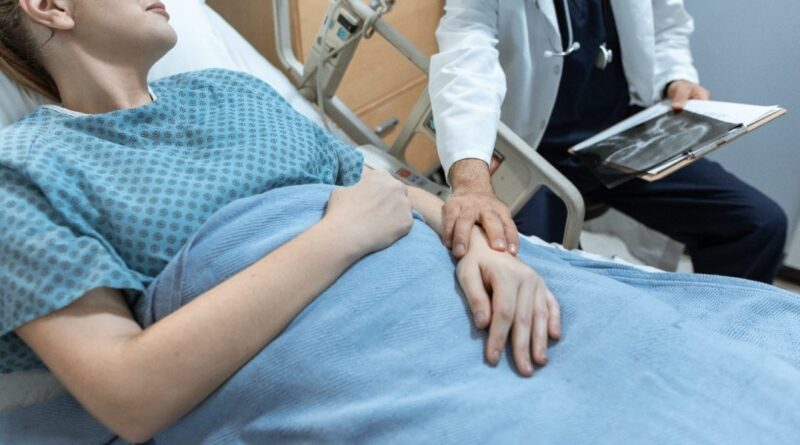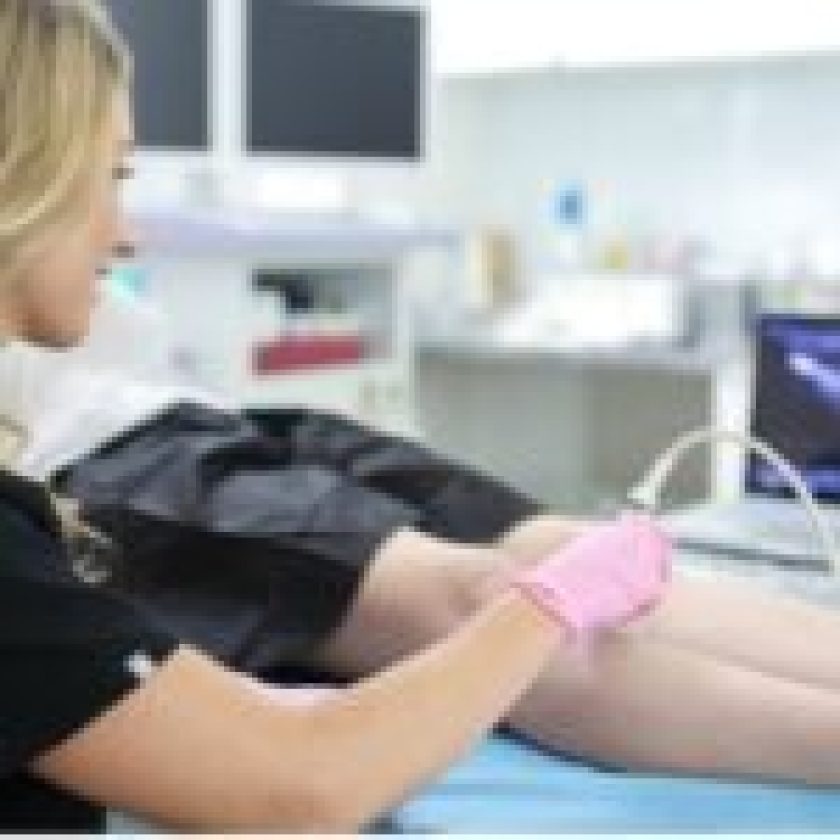In this article, we’re looking at five of the most common infections to catch in hospital.
We like to believe that once a person is in hospital, they’re only going to get better. However, this isn’t always the case and the chances of patients catching further illness can be high. This can happen for several reasons, including medical negligence.
This is also reflected in the number of hospital infection claims have been rising sharply in recent years, adding to the staggering £2.5 billion in claims that the NHS is forced to fork out every year.
In this article, we’re going to be looking at the five most common infections (known commonly as hospital-acquired infections) that Brits catch while in hospital.
Sepsis
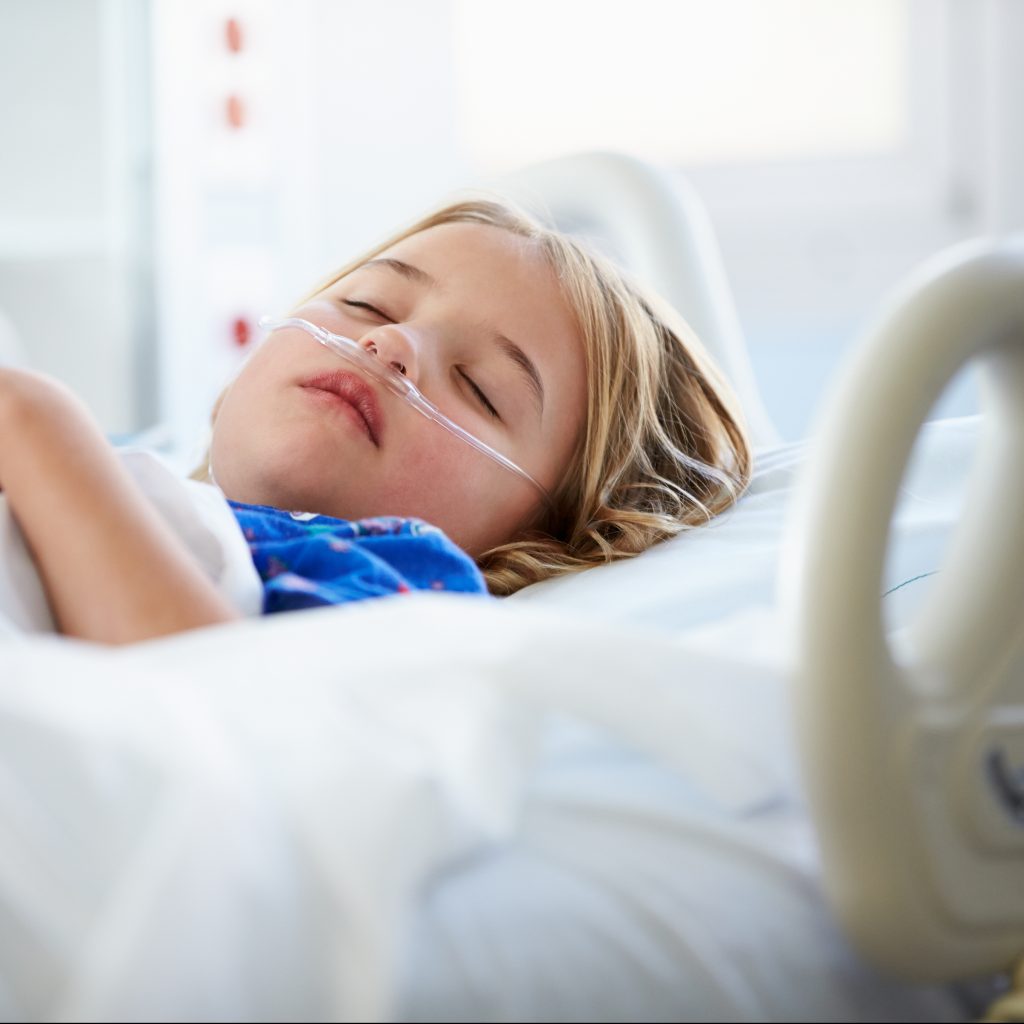
source: teachmepaediatrics.com
One of the most common – and potentially most deadly – conditions that patients contract during a hospital visit is sepsis. Every year, 52,000 people in the UK die due to this condition.
Sepsis is an extreme reaction to another infection, particularly those which develop in the lungs, skin, urinary tract or gastrointestinal tract. It’s incredibly important that sepsis is diagnosed as quickly as possible and treatment usually involves an intravenous course of antibiotics, followed by a course of tablets.
Pneumonia
Pneumonia is caused by a bacterial infection and can sometimes be mistaken for a bad cold or flu, as symptoms tend to include a persistent cough and a high temperature. However, severe pneumonia can also include chest pain and difficulty breathing and can be life threatening if not treated quickly.
Treatment for pneumonia will include antibiotics and plenty of fluids. Health officials say that annual pneumococcal and flu vaccines can help to prevent pneumonia, and these vaccines are particularly recommended for the elderly and the vulnerable. While extremely treatable, pneumonia is responsible for 19,642 UK deaths every year.
Surgical site infections
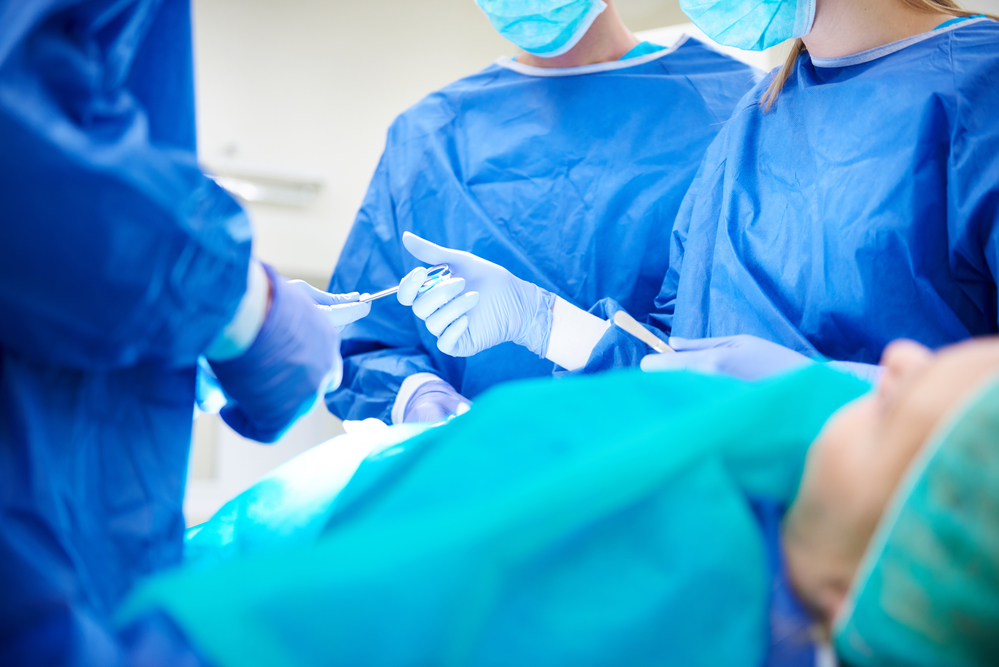
source: pinterest.com
When a person undergoes surgery, the operation can sometimes be complicated by an infection which develops on the part of the body where the incision for the surgery was made, this is known as a surgical site infection (SSI).
These commonly occurring infections can range in seriousness from a superficial skin infection to more serious life-threatening conditions. Surgical site infections are the most common type of infection which lead to compensation claims against hospitals in the UK.
CDIs
Clostridium, also known as C.diff or a CDI is a form of bowel infection which can cause diarrhea, fevers, nausea and sickness. Around 14,249 UK patients develop CDIs every year and these can be caught from other people – even while taking antibiotics to treat another ailment. The only effective treatment is a new course of antibiotics which will be prescribed to kill the bacteria which causes the infection.
Urinary tract infections
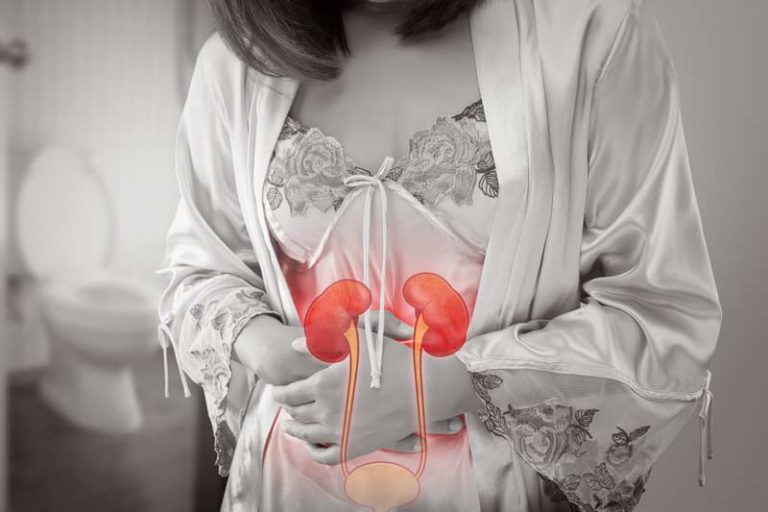
source: pinterest.com
A urinary tract infection can be extremely unpleasant but is not usually life threatening. Symptoms can include sickness, a constant need to pass water and a burning sensation when using the toilet.
Urinary tract infections are often caused by faeces entering the urinary tract and, in most cases, symptoms can be alleviated by taking painkillers and drinking water. However, in more severe cases, a GP will prescribe antibiotics.
Can You Prevent Catching an Infection in Hospital?
There are a number of ways in which infections can develop while a person is in hospital. Most people think that they occur mainly from person to person contact but it’s thought that infections are most commonly caused by the fitting and removal of central venous catheters.
Although it may not be possible to completely remove the risk of developing an infection in hospital, it is possible to minimise the risk to some extent by taking a few precautions, including:
- Wearing a face covering while in hospital
- Frequent handwashing
- Use of hand sanitiser
- Being mindful of staff hygiene – for example, ensuring that nurses are washing their hands before administering treatment.
While patients can take precautions such as these, the problem ultimately lies with hospitals and staff.
Tackling UK hospital infections…
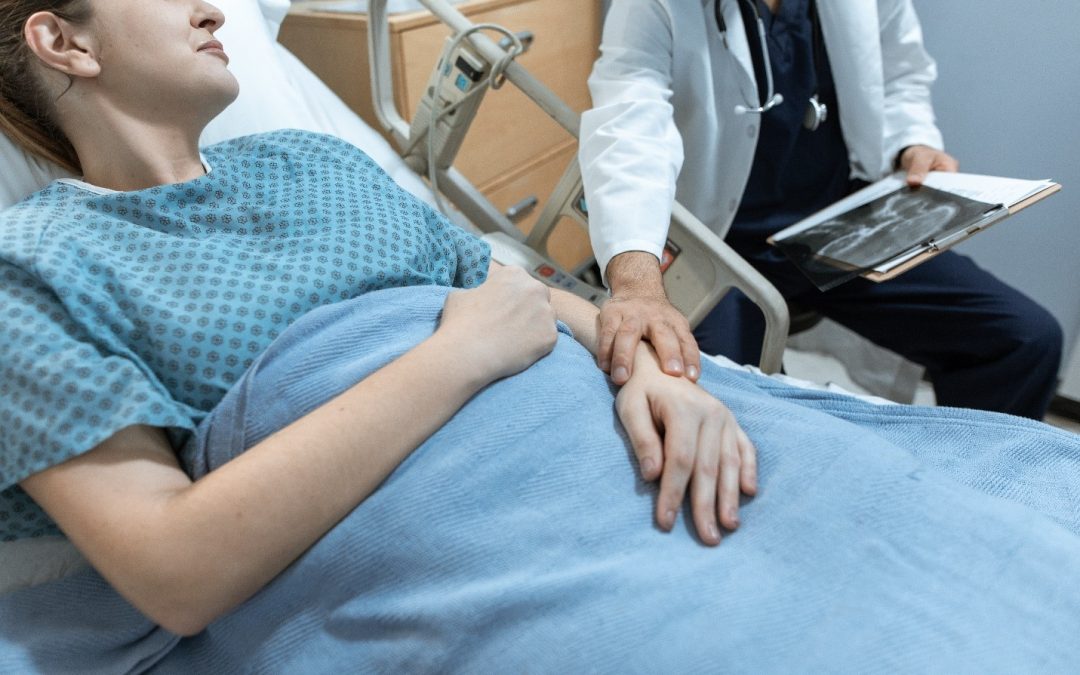
source: pinterest.com
In England alone, 5000 people die every year due to an infection which they have contracted while in hospital – an issue which causes the NHS £1 billion every year.
As the UK navigates its way through another winter, a season which brings with it an increased risk of flu and COVID-19, more people find themselves being hospitalised. Thereby putting them at an even greater risk of developing a serious or life-threatening infection such as sepsis or pneumonia.
This, in turn, can lead to an increase in compensation claims against hospitals and staff which put even more pressure on our struggling National Health Service.
Please be advised that this article is for general informational purposes only, and should not be used as a substitute for advice from a trained medical professional. Be sure to consult a medical professional or healthcare provider if you’re seeking medical advice, diagnoses, or treatment. We are not liable for risks or issues associated with using or acting upon the information on this site.

